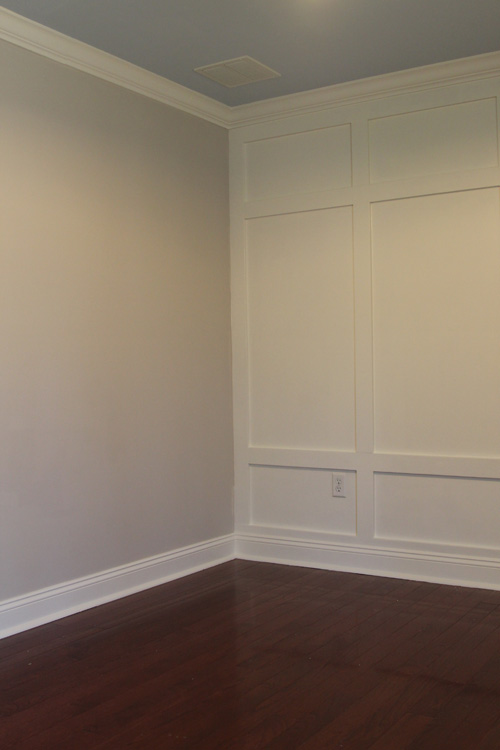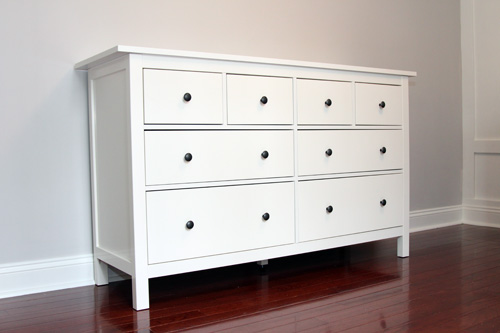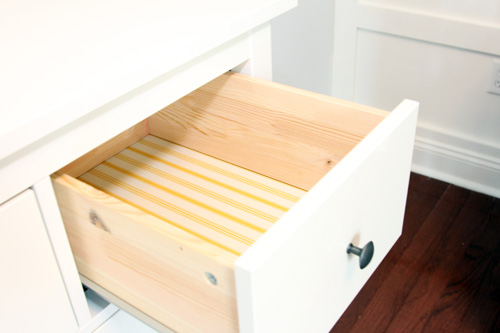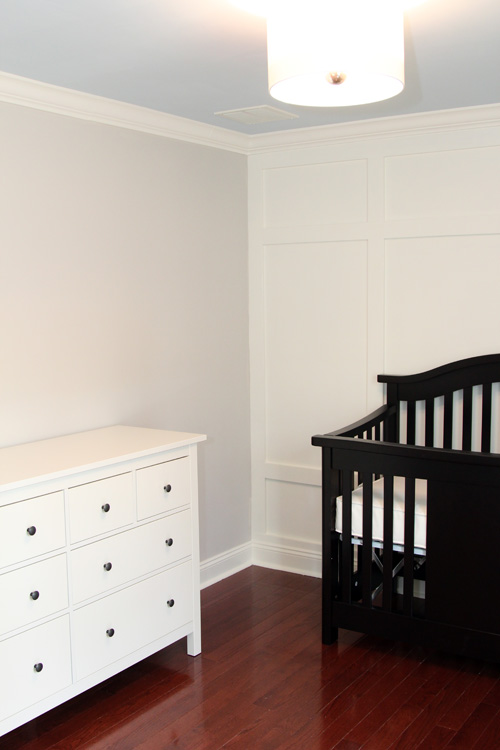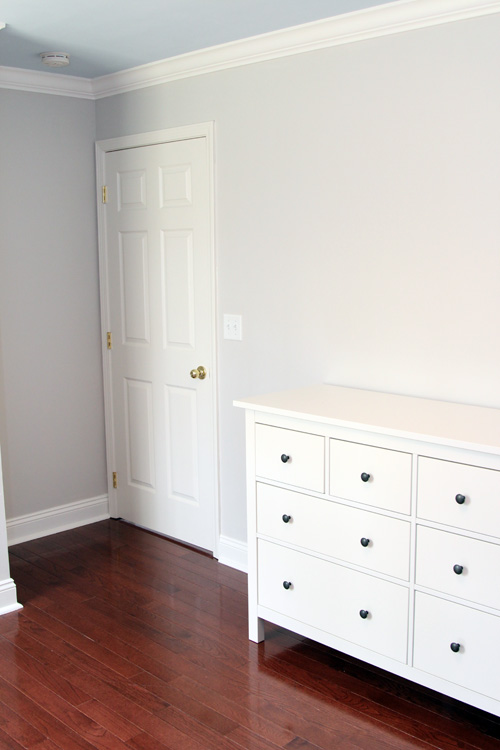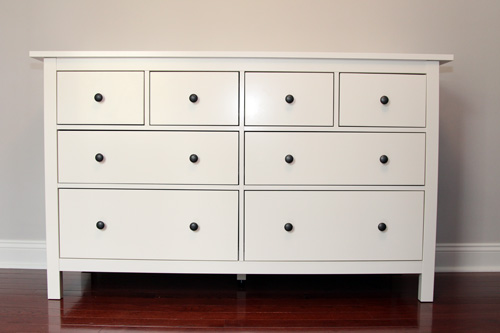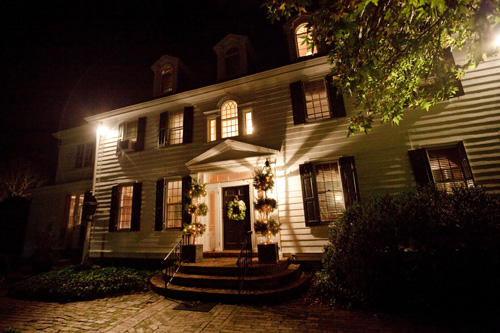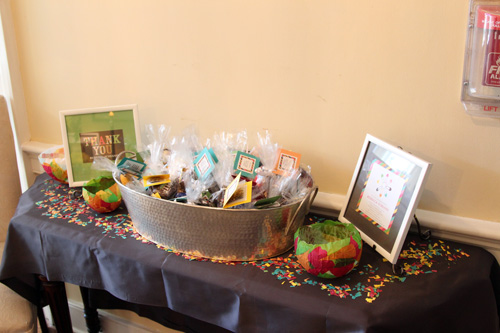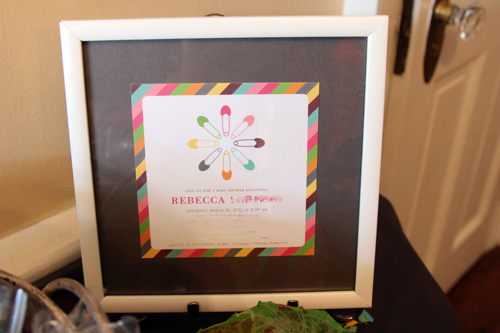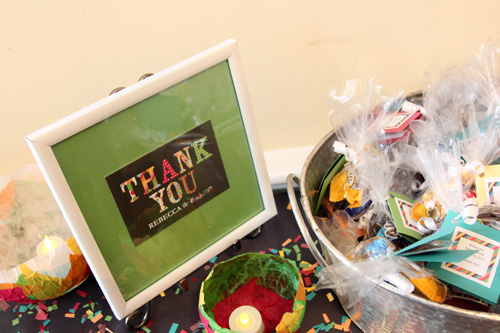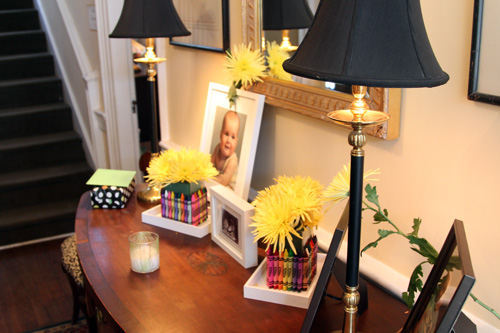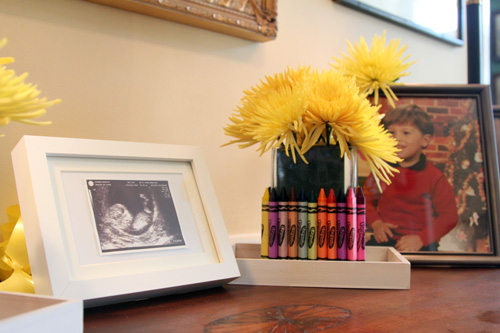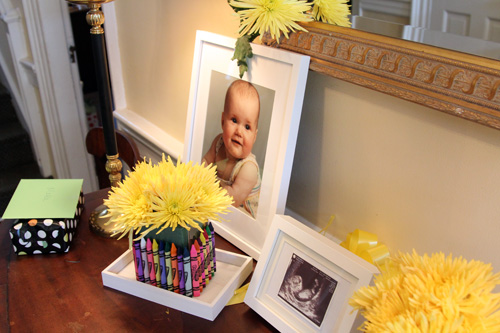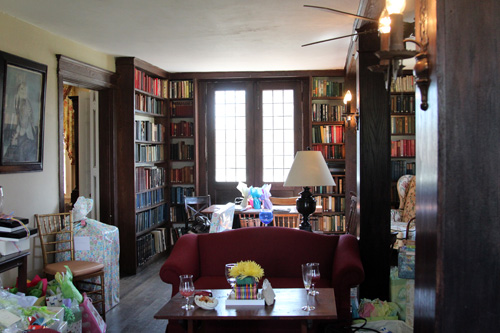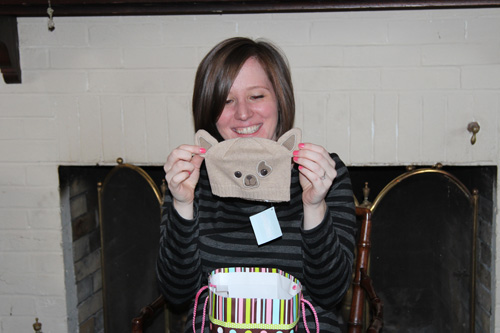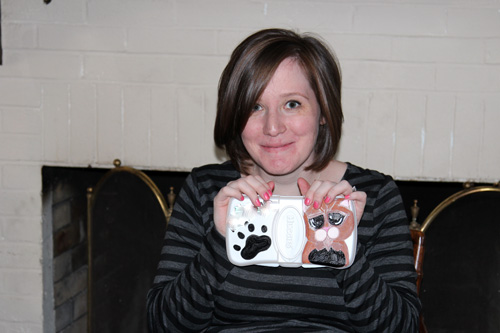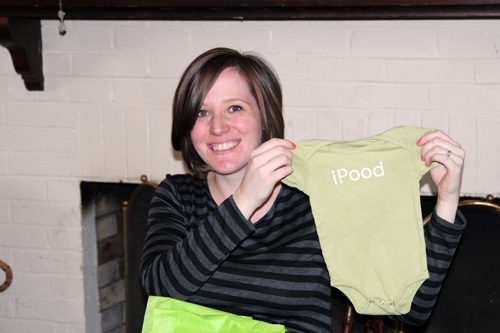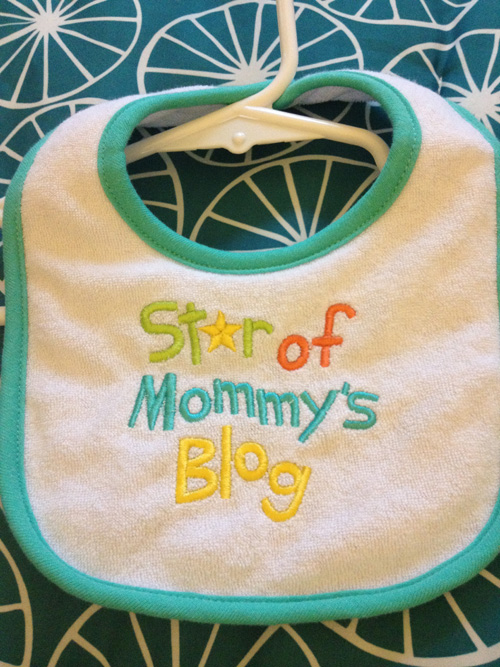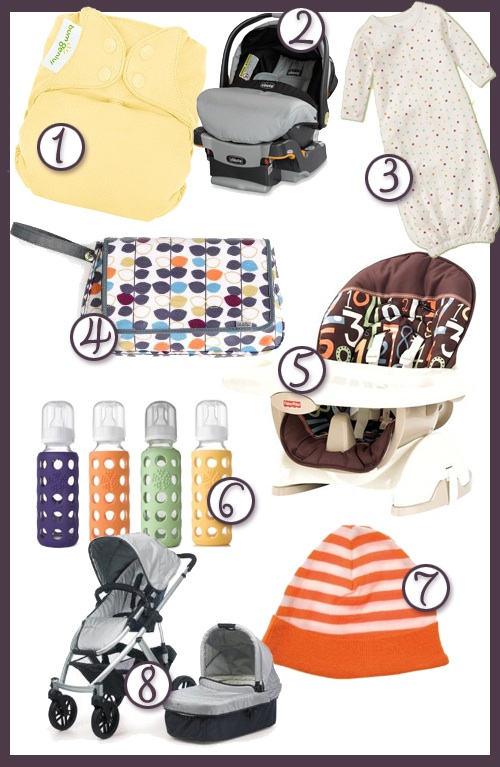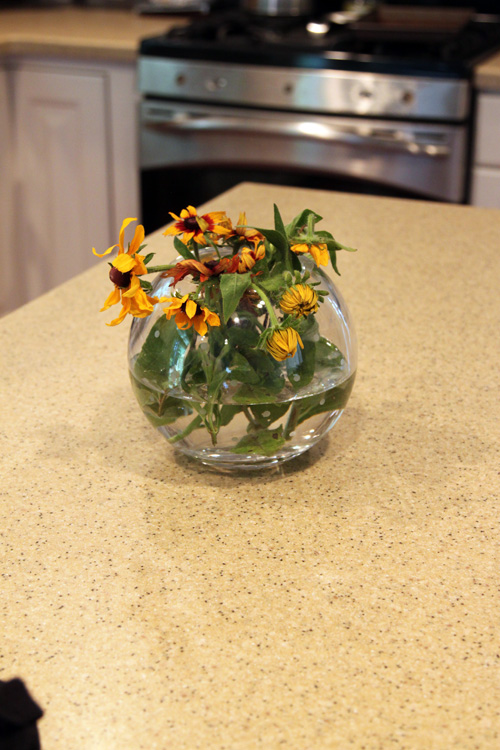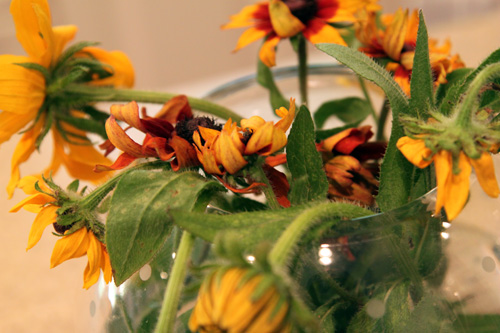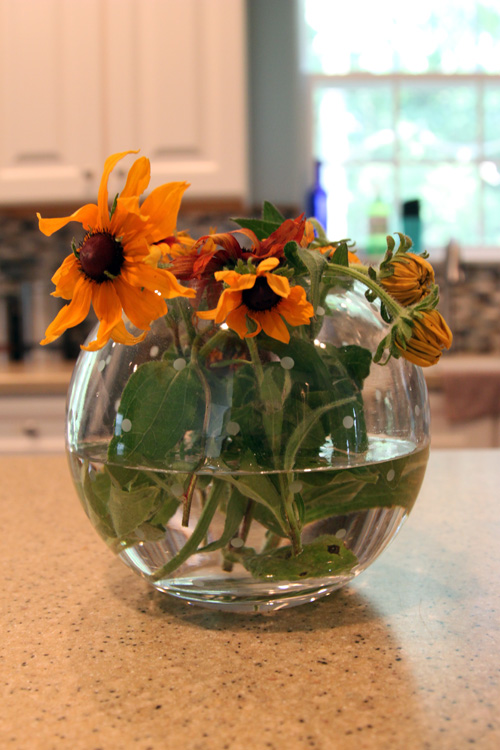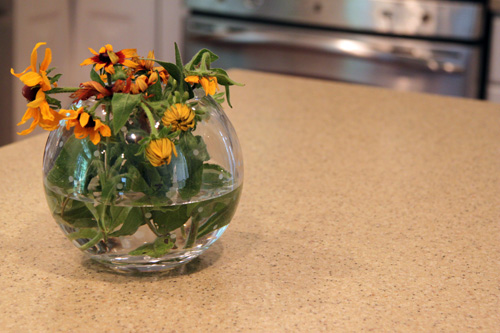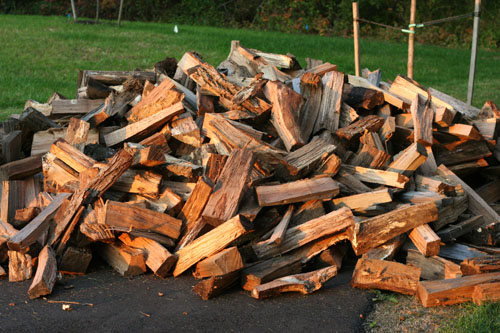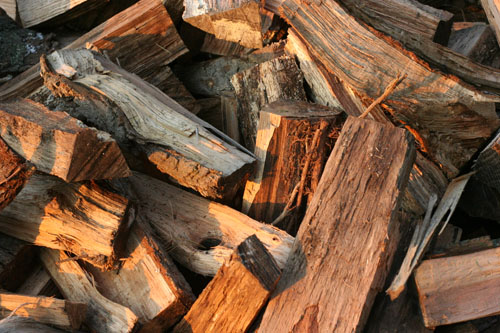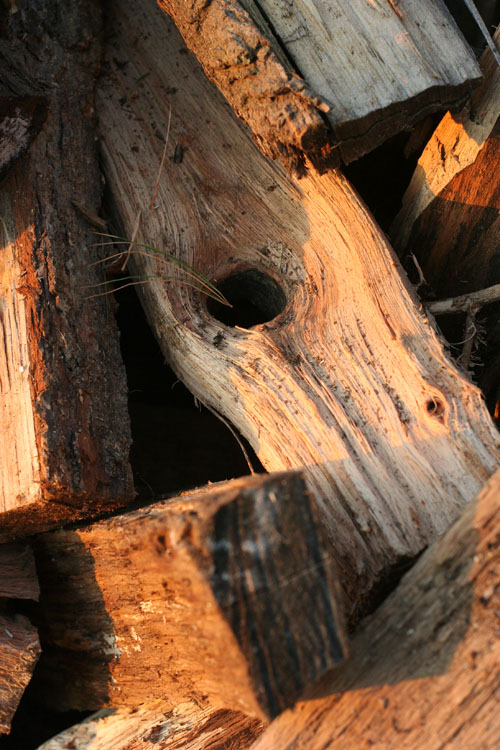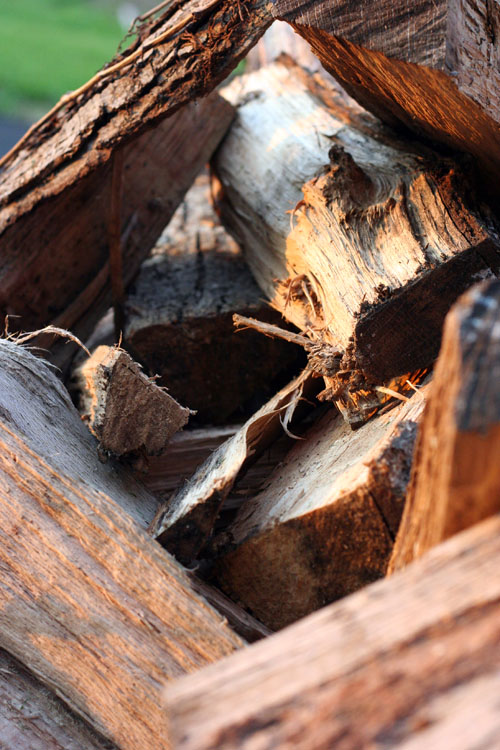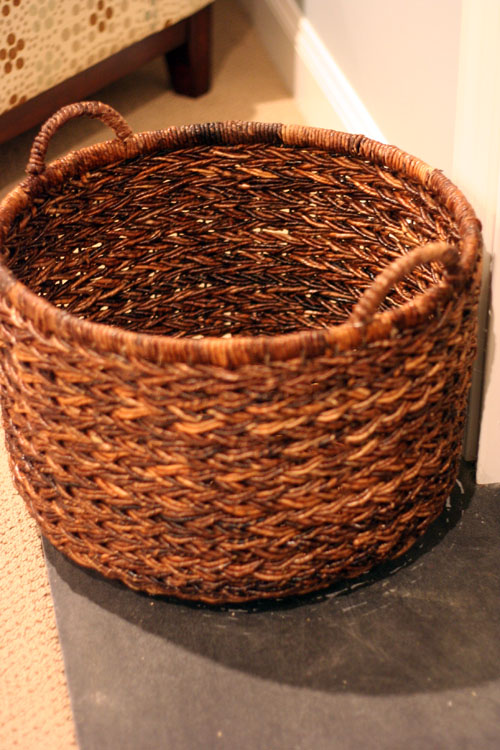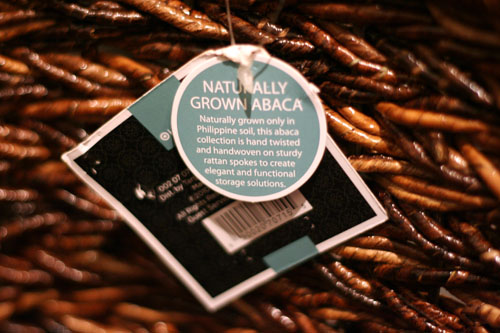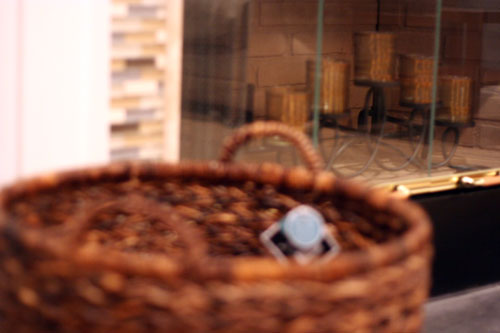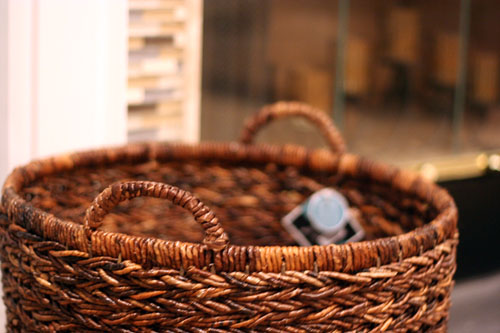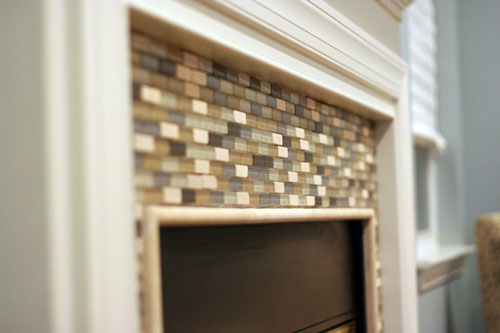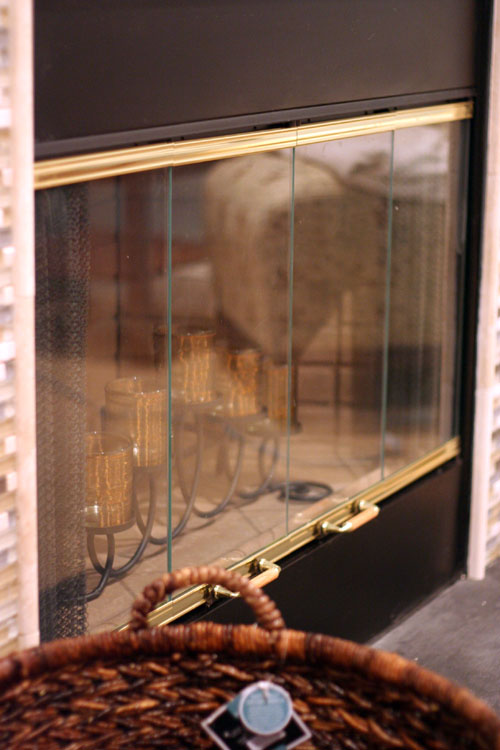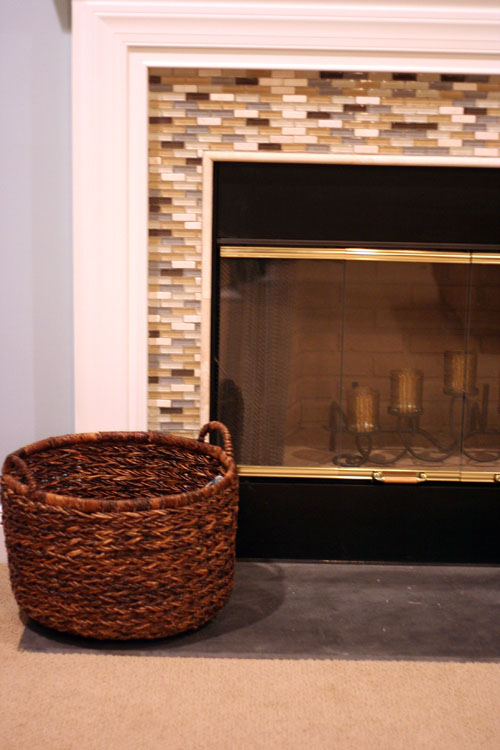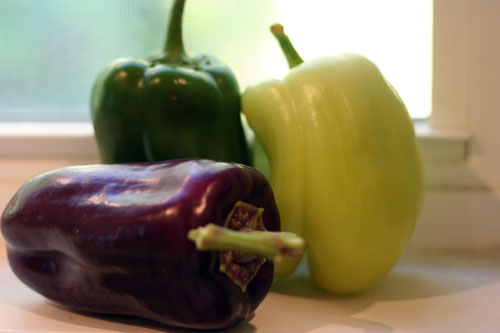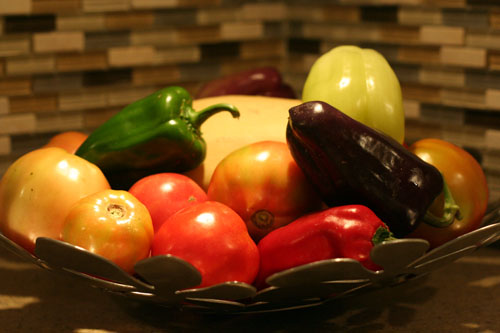Baby’s Dresser
Posted by Rebecca, April 11th, 2012
Since we started planning a nursery, the Hemnes 8-drawer dresser from Ikea has been in my plans.
(via Ikea)
The question was the color. Ikea has a few options that would work– the black brown, the gray brown (pictured above), the white or we could paint it a bold color. The bold color was my choice up until we actually painted the room. When I saw everything all complete, I couldn’t help but think of a white dresser.
I figured this would be a piece of cake, we would just buy the dresser in white! But then I realized something– Ikea’s white furniture is not solid wood. Part of the appeal of the Hemnes collection was that (I thought) it was all solid wood. After selecting a solid wood crib that was made without the use of formaldehyde, I wanted to also have a safe dresser.
Our line of thinking around here has always been that we do the best we can. We knew that it would be impossible (or rather, out of our budget) to make a 100% eco-friendly, non-toxic nursery, but we wanted to make smart decisions where we could. I knew it would be inevitable that say, an upholstered chair and our hardwood flooring would off-gas somewhat, so we used no-VOC paint, solid wood molding for the paneling behind the crib, non-toxic construction adhesive and purchased an organic mattress and changing pad. We tried to cut out the chemicals where we could.
I also know that nearly no dresser is 100% solid wood. Unlike cribs, many dressers contain particleboard to make up the back of the dresser or drawer components, so I assumed this would be part of our “suck it up” off-gassing to account for. Still, I could not swallow the idea of a particleboard and fiberboard dresser. We started to look for other dressers that were white and solid wood.
I should mention here that my original, original thought was to find a secondhand dresser to refinish. I don’t know where all of these bloggers with awesome Goodwill stores and thrift shops live, but we looked for a few months and never found anything we liked as much as the Hemnes dresser. Okay, we never even found anything we liked, period.
In looking at other options, we quickly realized that no one can beat Ikea in price. Pottery Barn Kids and Land of Nod have high quality, solid wood furniture, but it is more than double the price of Ikea. $700 for a dresser was not in our budget. We also checked the usual baby furniture at Babies R Us and Buy Buy Baby, but we did not find a single dresser we liked there either… and they were more expensive than Ikea.
We decided to take a trip to Ikea to check out the dresser in person. We liked it. We scratched our heads. We talked in the dresser section for probably 20 mins. We said our mantra was always to do the best we can within our budget. Since we’re going over budget with our glider purchase, we knew we couldn’t do it again. We decided that I was just being neurotic and that plenty of people have non-solid wood furniture. We cut out where we could. Mike told me that if this purchase was going to bother me, then we shouldn’t do it. But we did it, and it did bother me even minutes after buying it.
I felt that maybe we should have gone with one of the children’s furniture lines because at least they have some sort of certification from the JPMA or whatever. So I decided to email Ikea and ask them if their non-solid wood products met any sort of emissions standards, specifically if they were CARB compliant in the state of California (the strictest emissions standards in the US). Their response shocked me. Part of the email read:
We have strict rules concerning formaldehyde, and we do not permit the use of paints and varnishes containing formaldehyde additives. For wooden products, we apply the German E1 standard and have done so for many years now. For textiles, we apply the Finnish regulations. In both cases, these are currently the strictest within their field worldwide.
I googled around a bit and found that Ikea had run into some trouble with formaldehyde emissions in their furniture products back in the 90s. Since then, they have a policy that they will meet the strictest regulations that exist within their markets, which for furniture is currently Germany. That way, they don’t have to make a separate piece of furniture to sell in the US, Germany, Japan or wherever. Kudos Ikea!
My googling also let me to find that the second round of California’s CARB emissions should be more strict that the European E1 standards. Interesting and good for California! Now if only the rest of the country would catch on…
I have seriously read so many documents about parts-per-million, different types of wood and standards around the world that my head is spinning. I feel much better about my purchase knowing that it contains minimal amounts of formaldehyde (since formaldehyde does indeed occur naturally in wood and some off-gassing will inevitably occur in all pieces).
Moral of the story: Don’t be afraid to email companies and ask them about their policies. Even if it just helps you sleep better at night knowing what you purchased, it’s worth it.
Very long story short: We have a new dresser and we are very happy with it 🙂
Some parts of the dresser are indeed solid wood and the drawers are lined with adorable yellow striped paper. These little top drawers are perfect for storing our cloth diapers.
We thought of changing out the standard drawer knobs, but I actually like them. The dark balances well with everything.
It’s amazing how quickly a room can get smaller when you add furniture. I seriously used to think this room was too big for a baby!
We love how classy the white looks in the room. We’re happy that it only cost us $299 for a brand new dresser and that it came with some morals. Thank you Ikea for bringing some non-solid wood standards to the little people, you get a bad rap far too often.
Okay, who made it to the end? 🙂




